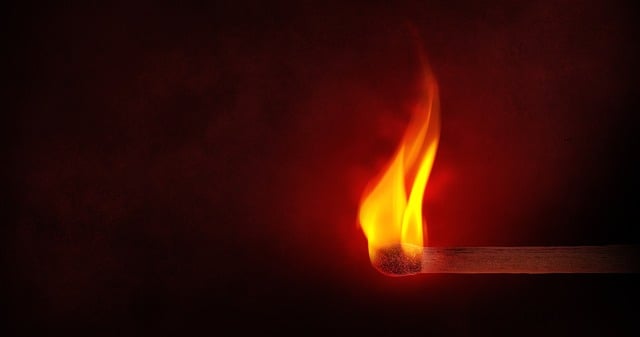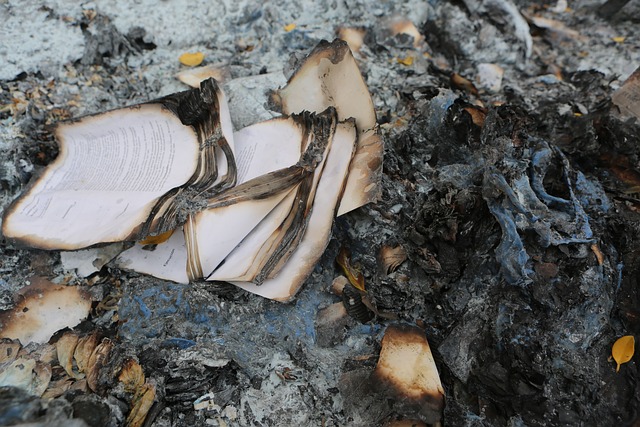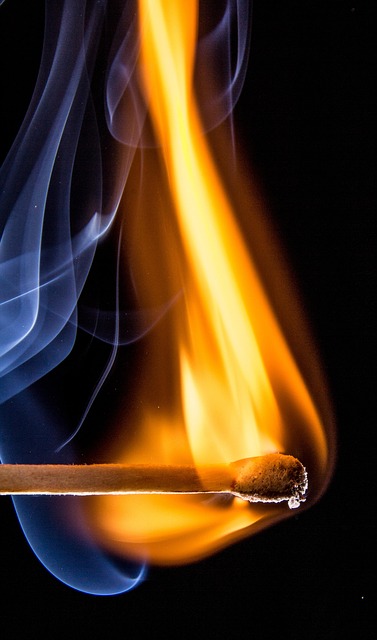Smoke damage from fires in Houston homes poses severe, often overlooked risks that must be addressed before selling. Contaminants like tar, ash, and formaldehyde can cause visible discoloration and invisible health hazards. Professional remediation is essential for fair sales, mitigating health concerns, and understanding the complex nature of smoke damage. Selling fire-damaged homes in Houston requires transparent assessment, meticulous restoration processes, adherence to local regulations, and proper insurance handling, ultimately enhancing property value and streamlining claims.
“In Houston, smoke damage from fires can leave devastating remnants on properties, impacting air quality and structural integrity. Understanding the causes and effects of smoke damage is crucial for effective remediation. This article guides you through the process, offering insights into fire damage assessment, cleaning methods, legal considerations, and insurance claims for selling fire-damaged homes in Houston. Discover top tips for safe and efficient smoke damage remediation to restore your home to its pre-fire condition.”
- Understanding Smoke Damage: Its Causes and Effects in Houston Homes
- The Process of Fire Damage Assessment for Real Estate in Houston
- Effective Methods for Cleaning and Restoring Smoke-Damaged Properties
- Legal Considerations and Insurance Claims for Selling Fire-Damaged Homes
- Top Tips for Safe and Efficient Smoke Damage Remediation in Texas Homes
Understanding Smoke Damage: Its Causes and Effects in Houston Homes
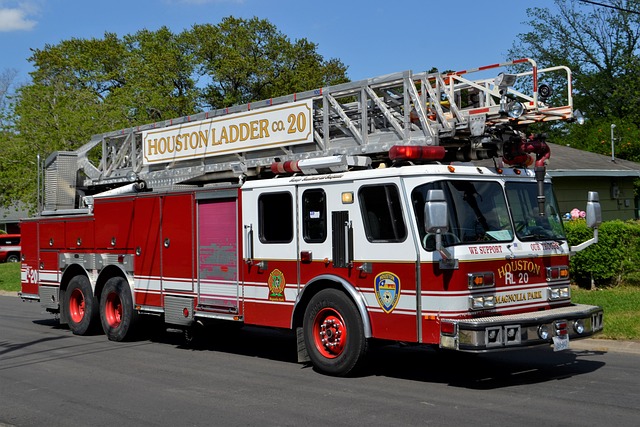
Smoke damage, often overlooked, can have significant impacts on Houston homes, especially after a fire. Understanding its causes and effects is crucial for anyone considering selling fire-damaged properties in the area. The smoke from a fire contains a mix of gases, particles, and chemicals that can leave behind visible residue and invisible contaminants. This includes tar, ash, soot, and volatile organic compounds (VOCs) like formaldehyde. These elements not only discolor walls, ceilings, and furnishings but also pose health risks if left unaddressed.
In Houston homes, smoke damage can manifest in various ways—from discolored drywall and stained carpets to odors that linger for months. It’s important to note that even areas seemingly unaffected by direct flame exposure can suffer from secondary smoke damage. This happens when smoke fills the air, settling on surfaces and infiltrating crevices, making it a complex issue that requires professional remediation. For those looking to sell fire-damaged homes, understanding these implications is key to ensuring fair transactions and mitigating potential health risks for future residents.
The Process of Fire Damage Assessment for Real Estate in Houston

When a fire strikes, assessing the damage is crucial for both homeowners and real estate professionals in Houston. The process begins with a thorough inspection to identify the extent of the smoke damage. Fire damage assessors will meticulously evaluate every corner of the property, paying close attention to visible signs like charred walls, melted flooring, and blackened fixtures. They also consider less apparent issues, such as odor, residue, and potential structural weaknesses caused by the fire and subsequent smoke.
For those looking to sell fire-damaged homes in Houston, understanding this assessment is key. Prospective buyers will want to see a detailed report outlining the remediation needed, from minor repairs to complete restructuring. A transparent approach during this stage can turn a potential setback into an opportunity, ensuring fair transactions and a smooth selling process for all parties involved.
Effective Methods for Cleaning and Restoring Smoke-Damaged Properties
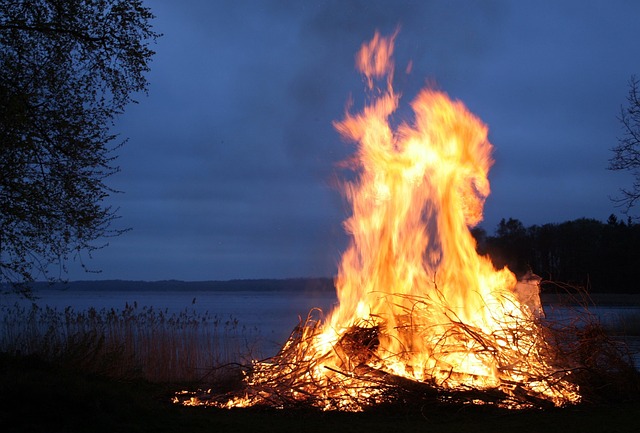
Smoke damage can leave a profound mark on properties, particularly in highly populated areas like Houston, where selling fire-damaged homes might be a concern for homeowners. The good news is that there are effective methods to clean and restore affected spaces, ensuring they are safe and presentable for the market. Professional restoration experts utilize advanced techniques such as air purification systems to eliminate lingering smoke odor and particulate matter, making the home fresh and appealing to potential buyers.
Restoration processes involve a multi-step approach: first, assessing the damage to identify affected materials; then, safely removing charred debris and contaminated items; and finally, applying specialized cleaning solutions and techniques to walls, floors, and other surfaces. In severe cases, structural elements may need replacement to ensure the safety and integrity of the property. This meticulous process not only restores aesthetics but also addresses potential health risks associated with smoke residue, making selling fire-damaged homes in Houston a feasible option once again.
Legal Considerations and Insurance Claims for Selling Fire-Damaged Homes
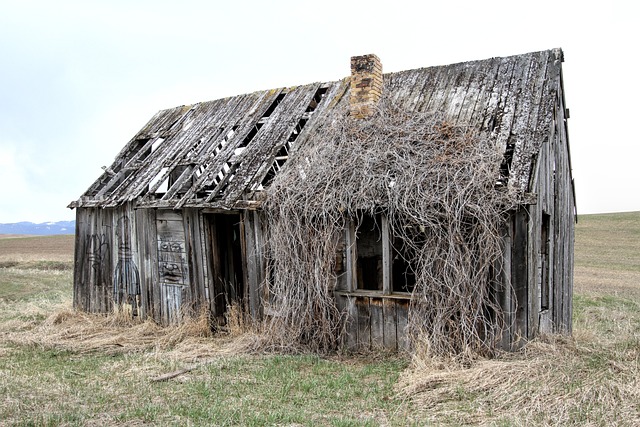
When a home in Houston suffers smoke damage, selling the property can be a complex process with legal implications. Homeowners should understand that any sale after a fire requires careful consideration to ensure compliance with local building codes and safety regulations. These rules are in place to protect potential buyers from health hazards associated with smoke and soot.
Dealing with insurance claims is another crucial aspect. Homeowners’ insurance policies typically cover smoke damage, but the process of filing a claim and negotiating repairs or replacement can be intricate. It’s essential to document all losses accurately and keep records of repair estimates to support an insurance claim for selling fire-damaged homes in Houston. This ensures a smoother transition and minimizes legal complications during the sales process.
Top Tips for Safe and Efficient Smoke Damage Remediation in Texas Homes
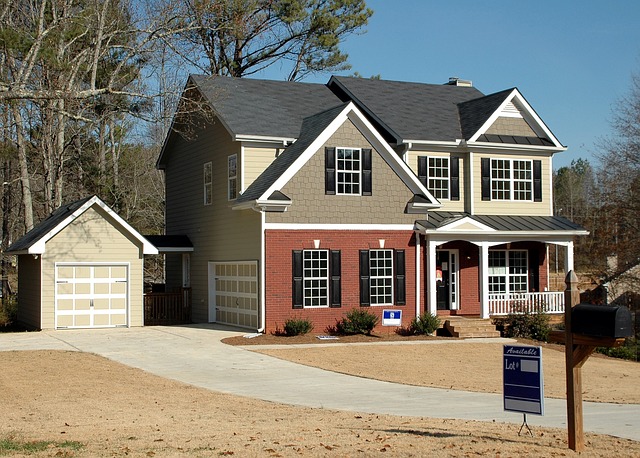
When facing smoke damage in your Texas home, prompt and professional remediation is crucial to protect your health and property value. Here are top tips for safe and efficient cleaning:
1. Evacuate Immediately: Safety should always be the top priority. Once smoke damage occurs, evacuate the premises until a professional assessment is complete. Never attempt to clean or restore damaged areas yourself, especially if there’s still active smoke or burning odors present.
2. Hire Qualified Professionals: Engage the services of certified smoke damage remediation experts, especially in Houston where selling fire-damaged homes is common. These professionals have the necessary equipment and knowledge to thoroughly clean affected areas without causing further harm or damaging possessions. They can also help determine the structural integrity of your home after a fire.
3. Document Damage: Before beginning restoration work, document all damage for insurance purposes. Take photos and keep records of any smoke-related impacts, including visible charring, odour, and even hidden damage like warped walls or contaminated insulation. This detailed record will assist in the claims process and ensure you receive fair compensation when selling fire-damaged homes in Houston.
4. Remove and Replace: A comprehensive approach involves removing all smoke-tainted items—from furniture and fabrics to HVAC systems and insulation. Contaminated materials should be discarded, and only after a thorough cleaning of the affected areas can restoration begin. This ensures that any lingering odors and potential health risks are eliminated.
5. Use Professional Cleaning Solutions: Opt for commercial-grade cleaning solutions designed to combat smoke residue and odours effectively. These products are safe for both people and pets and will help restore your home’s pre-fire condition.
Smoke damage from fires can significantly impact Houston homes, but with proper understanding and remediation techniques, it’s possible to restore properties and prepare them for sale. By following a thorough assessment process, implementing effective cleaning methods, considering legal aspects, and adhering to safe practices, homeowners and real estate professionals can navigate the journey of selling fire-damaged homes in Houston efficiently. This concludes our guide on smoke damage remediation, offering valuable insights for those affected, ensuring properties are restored to their best potential.



